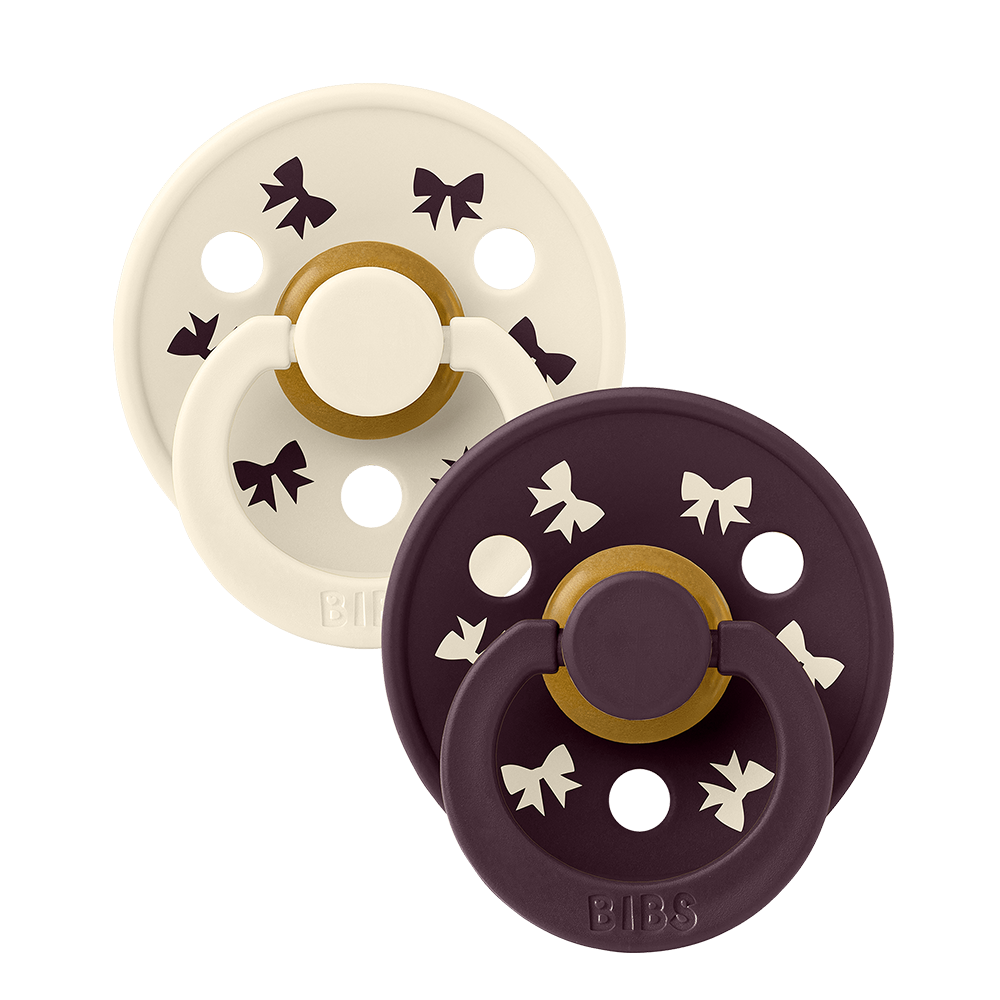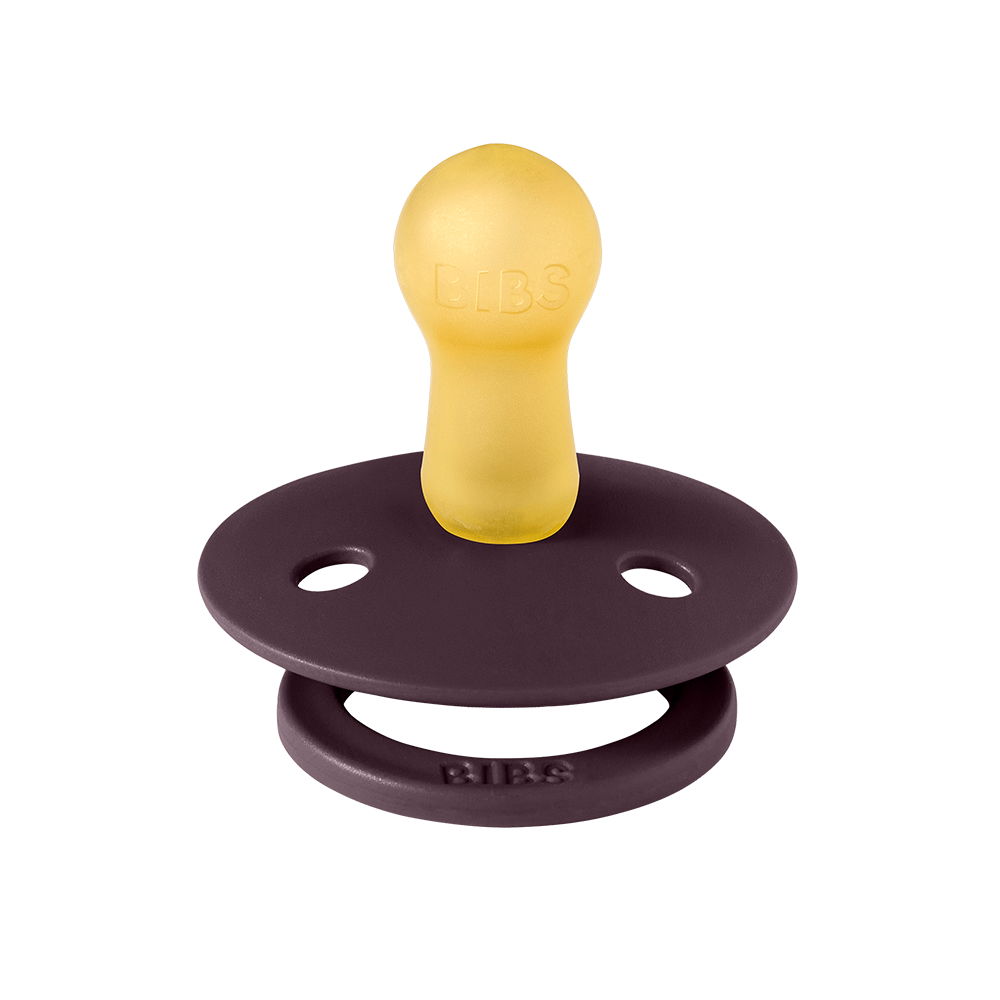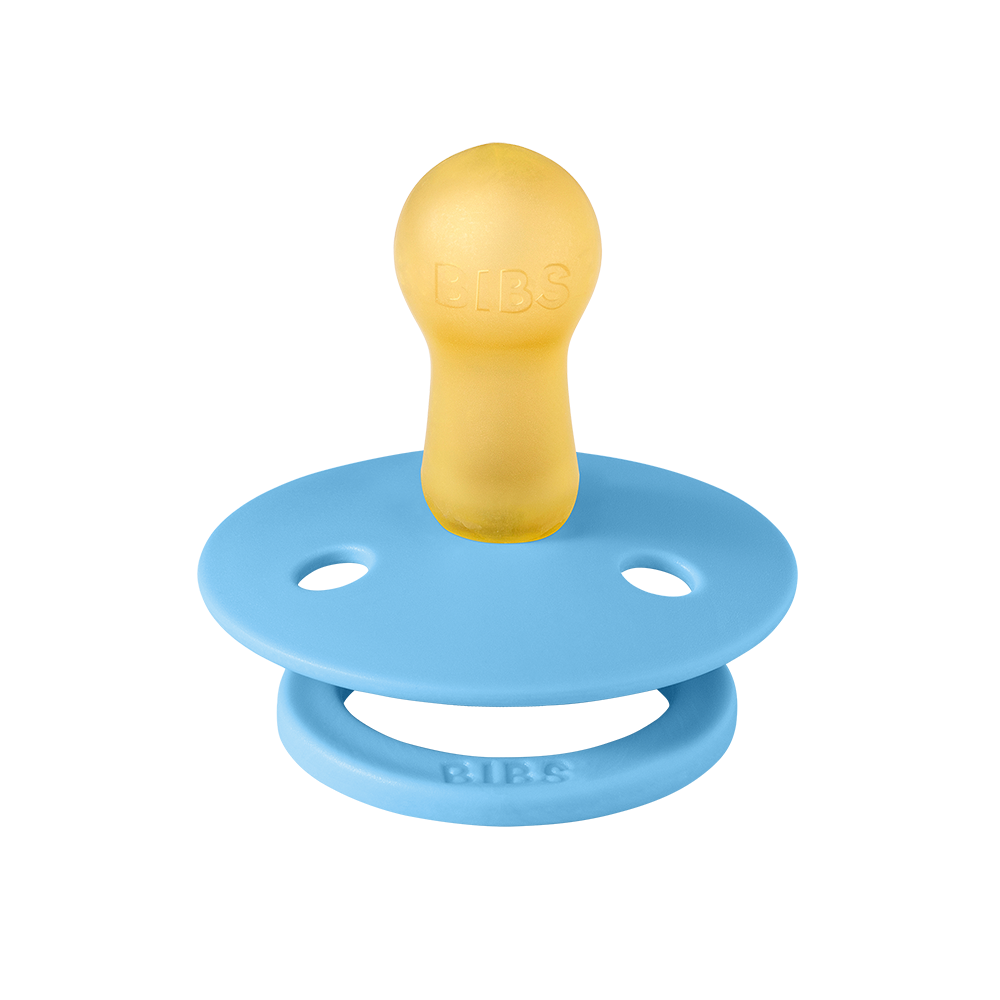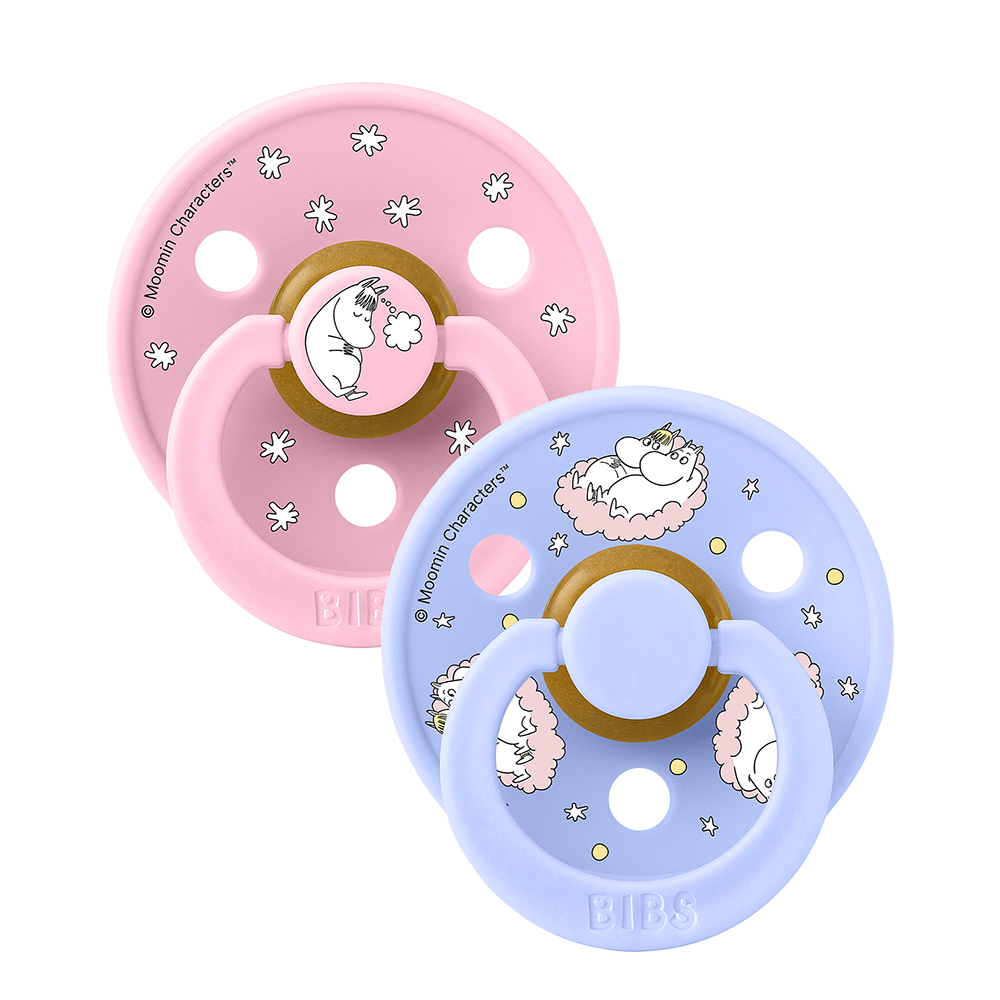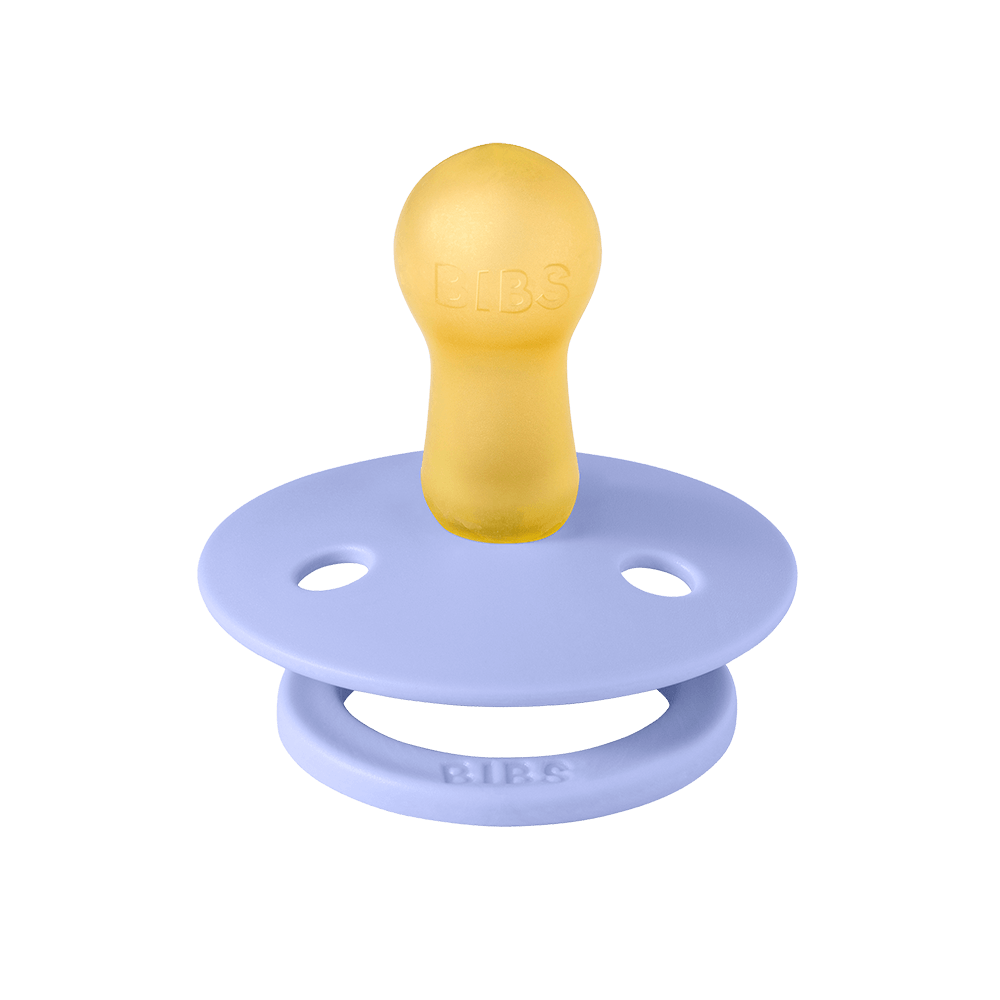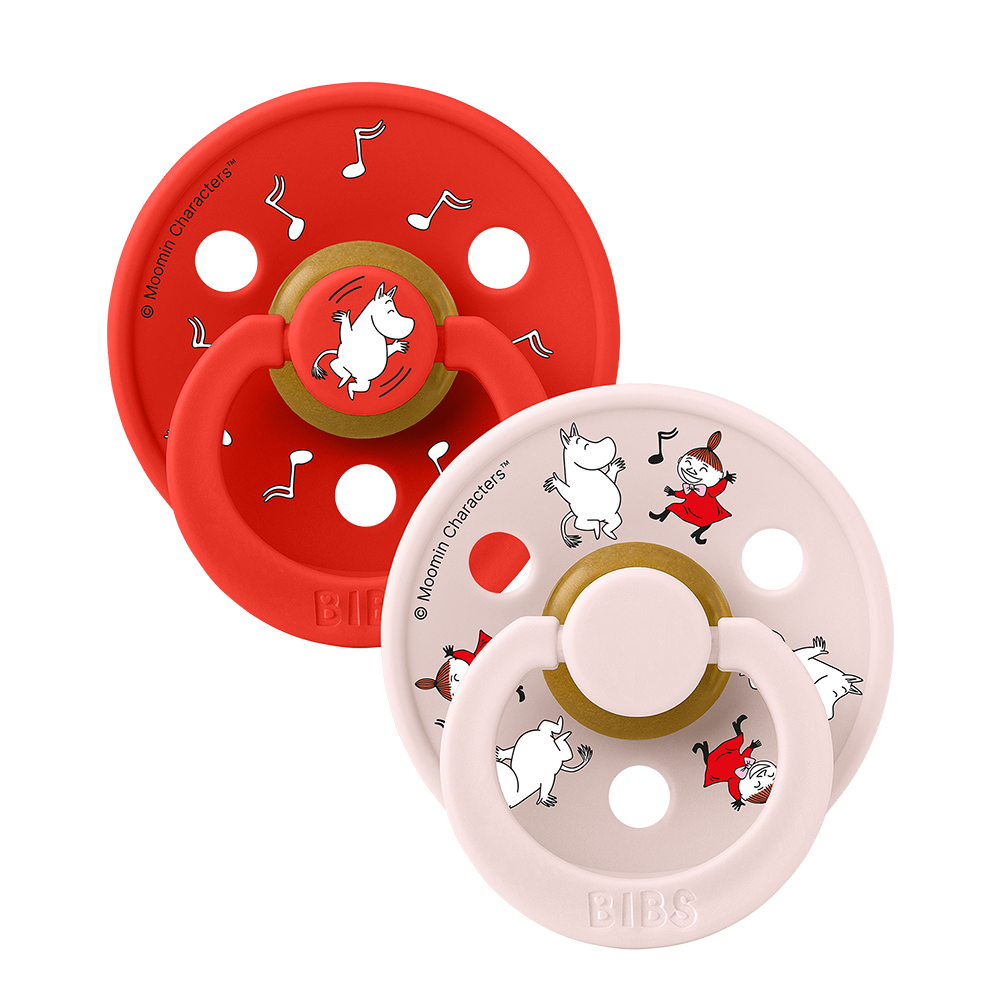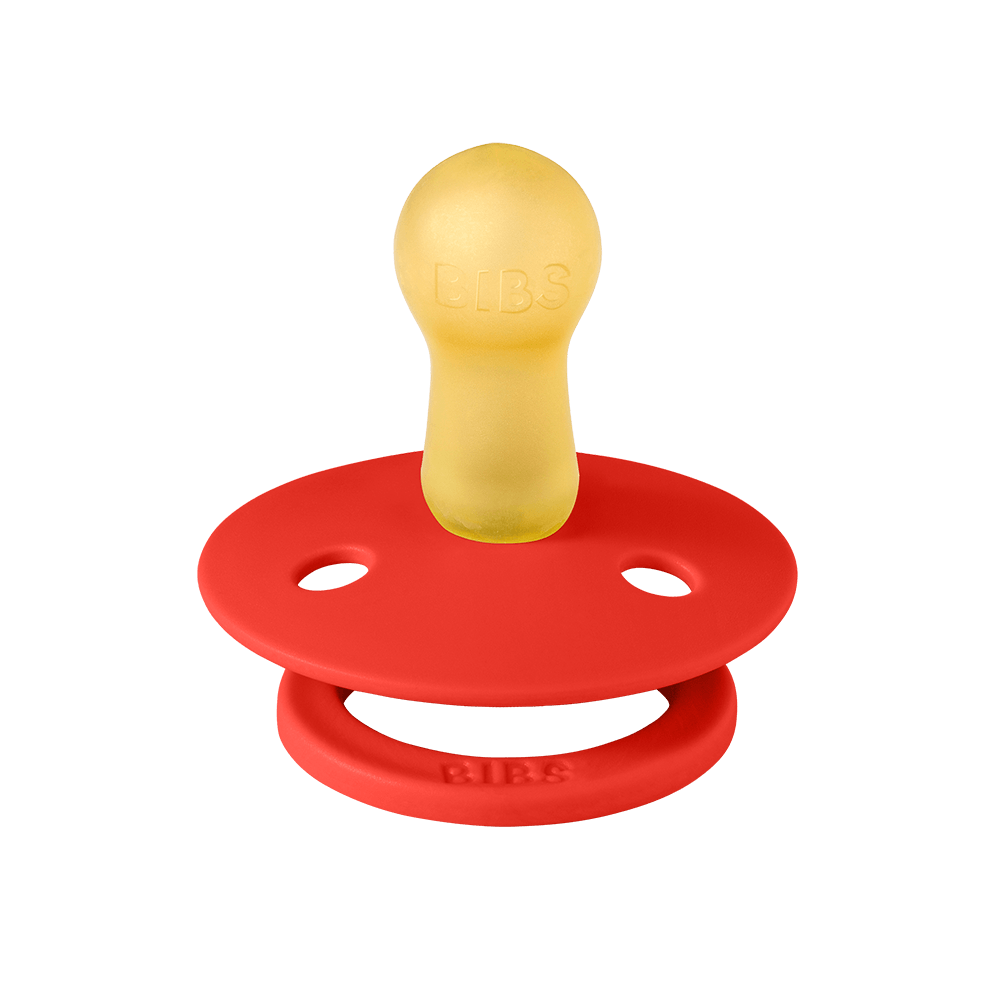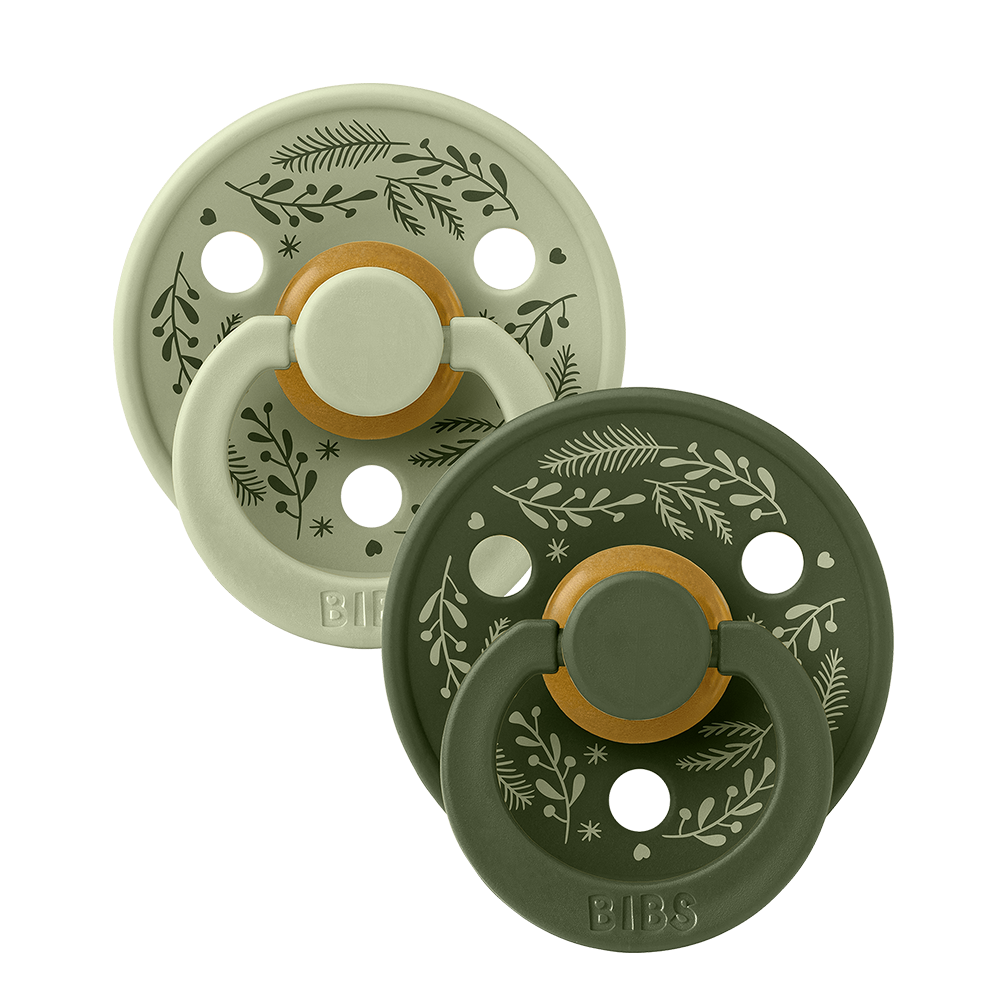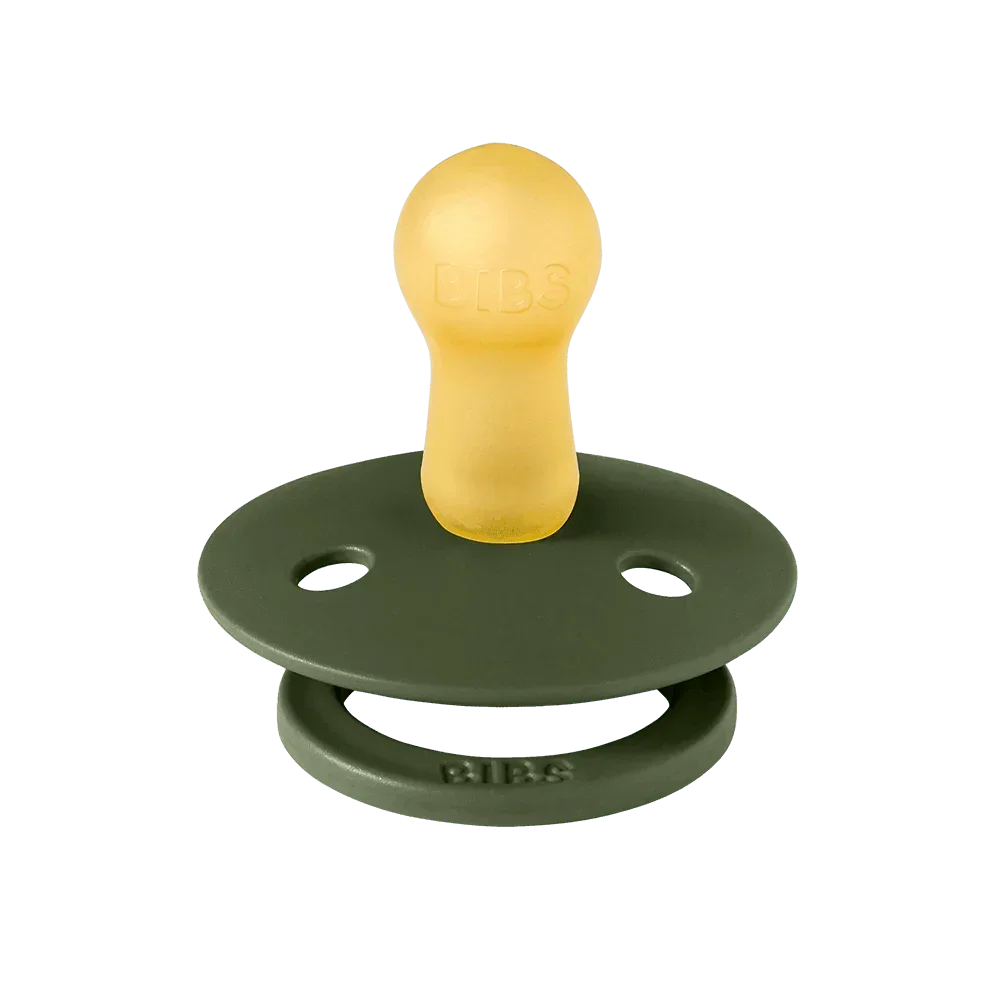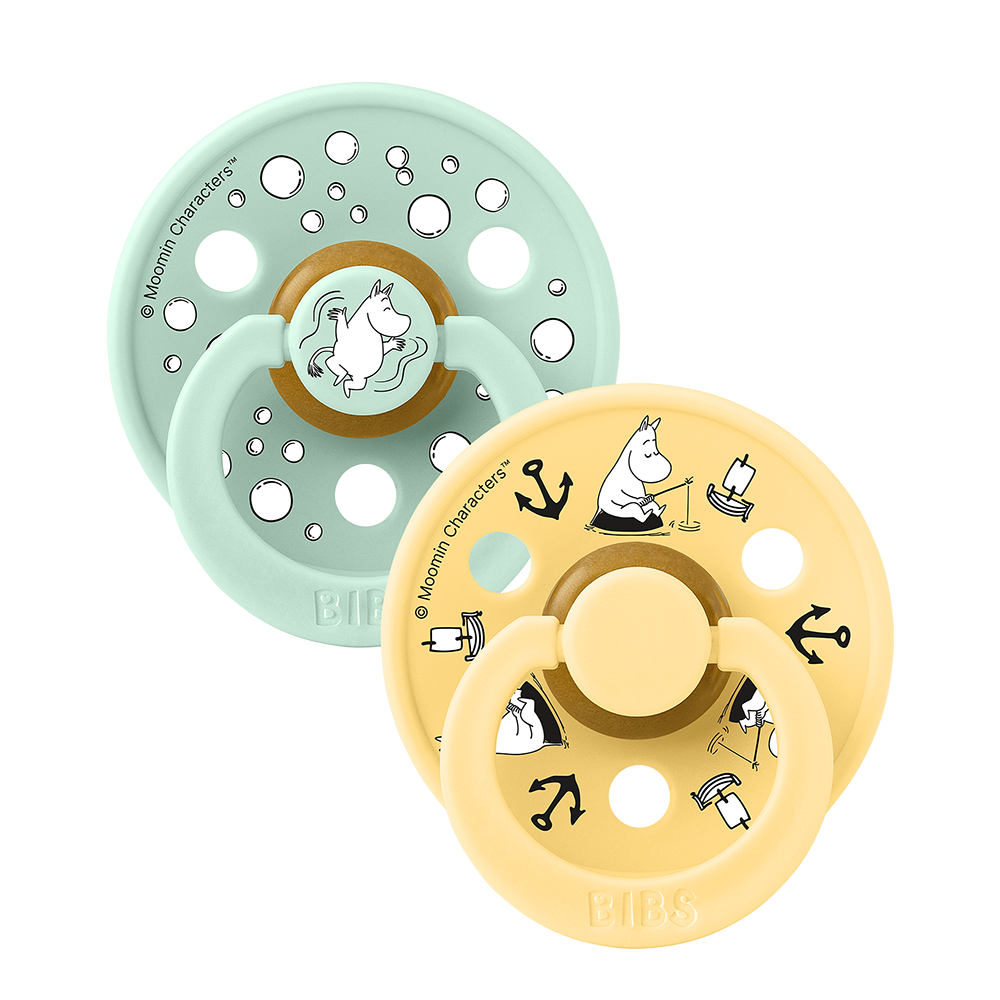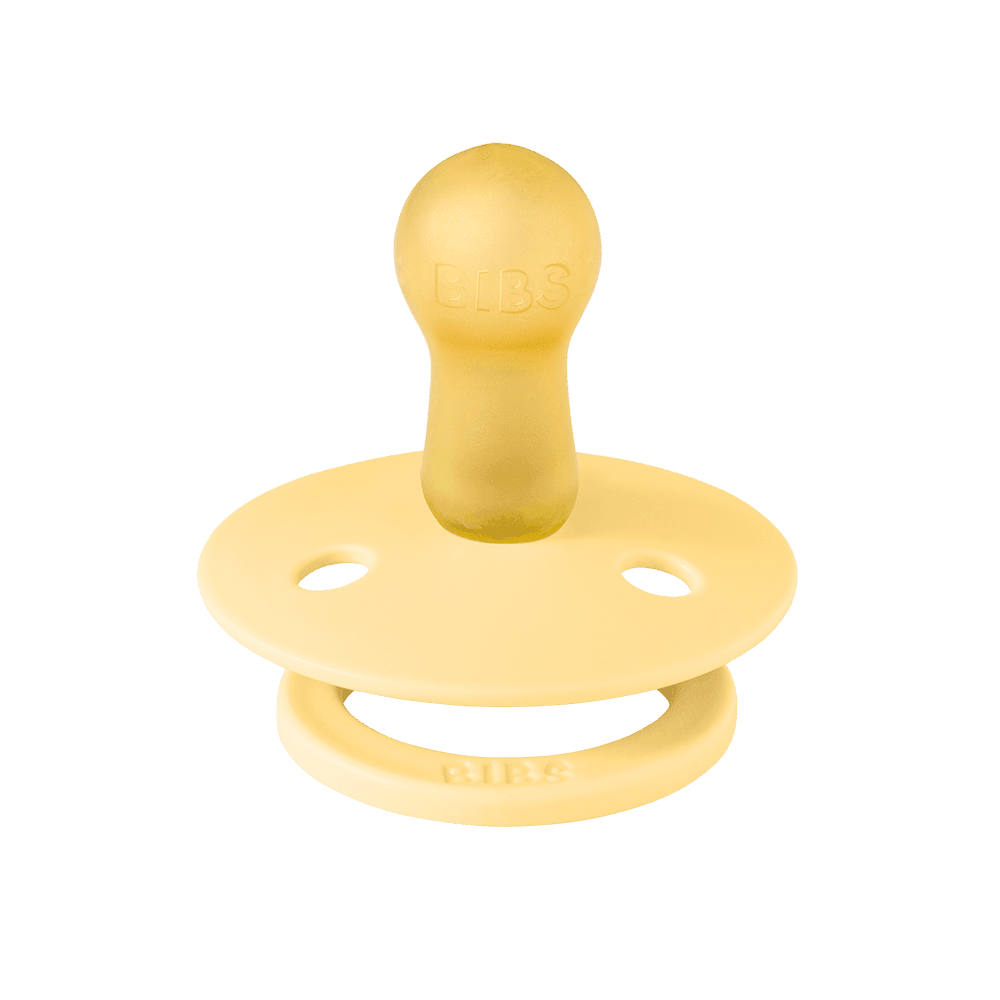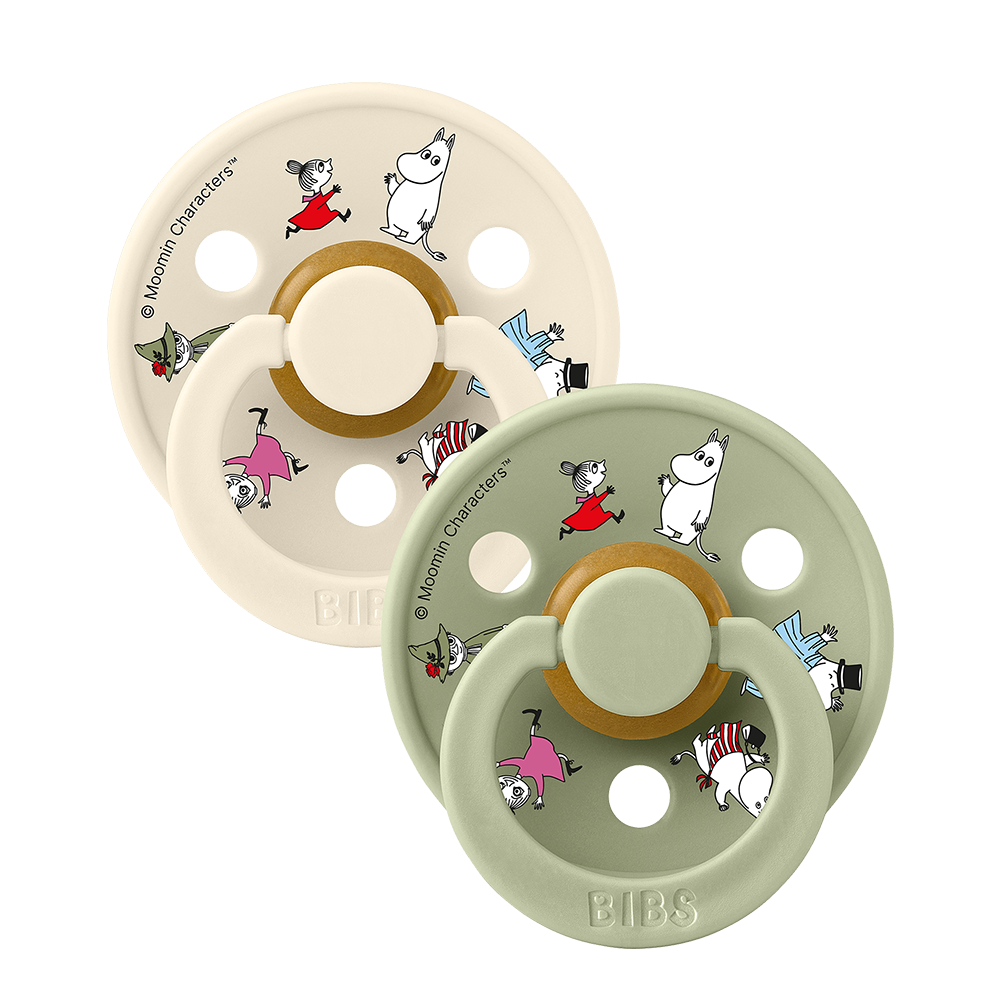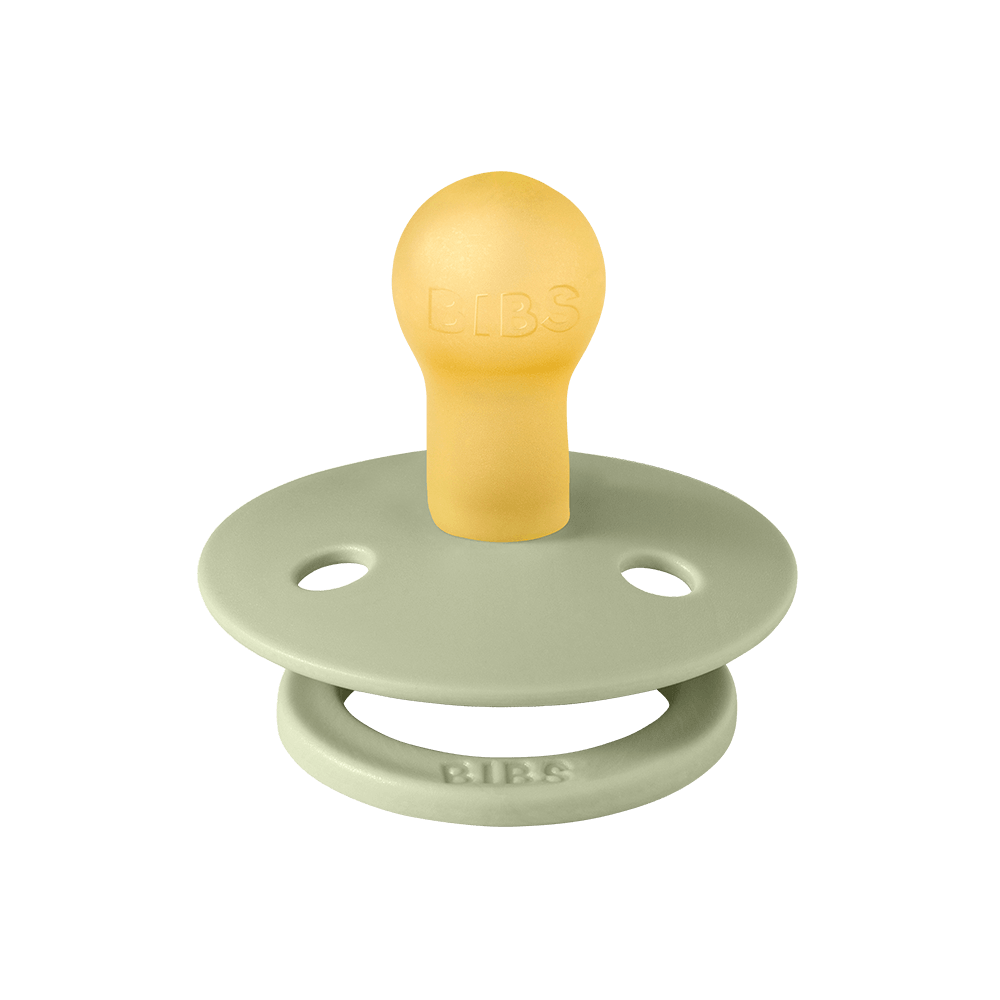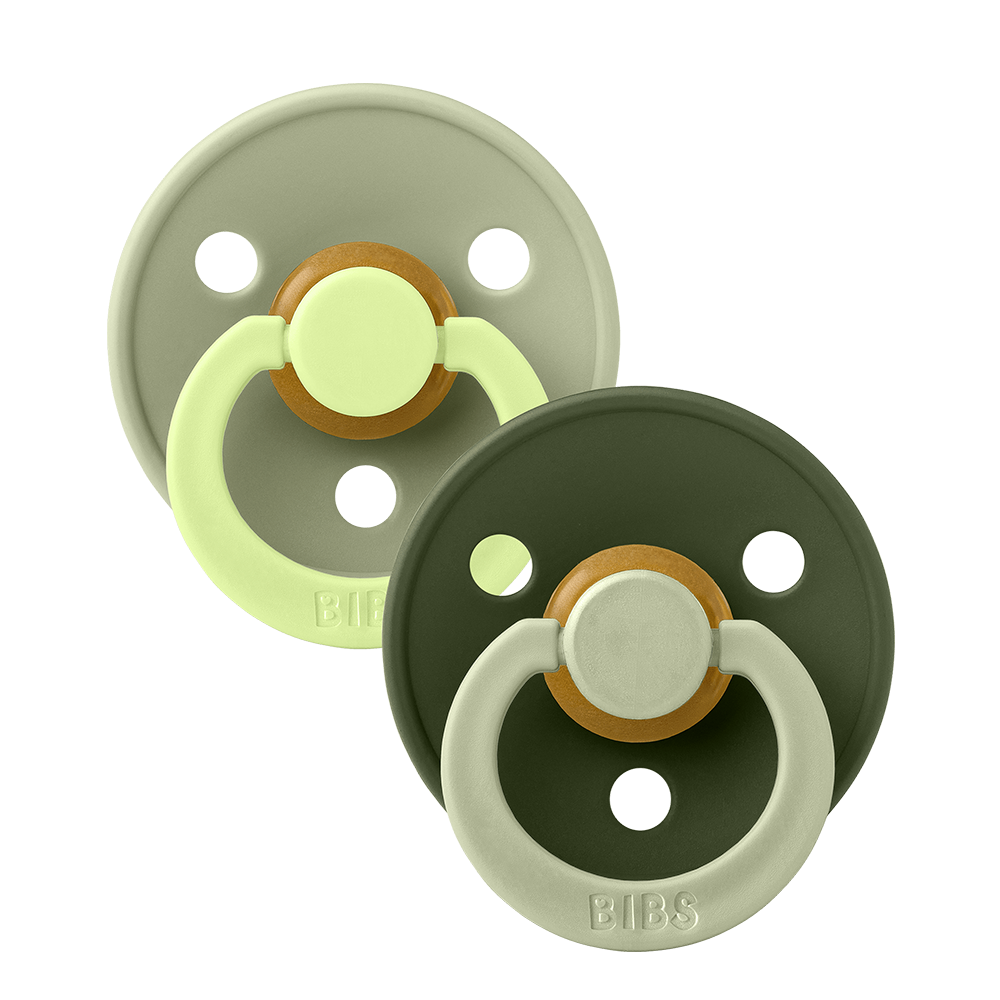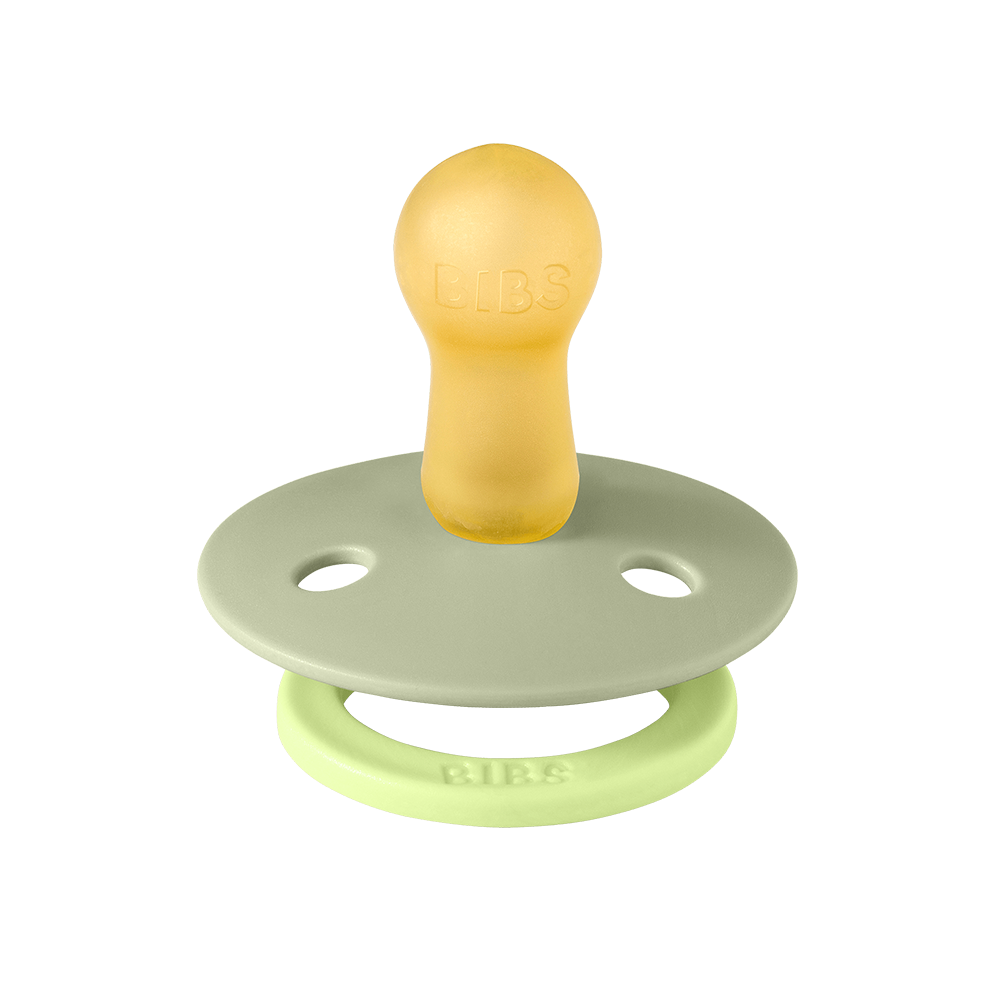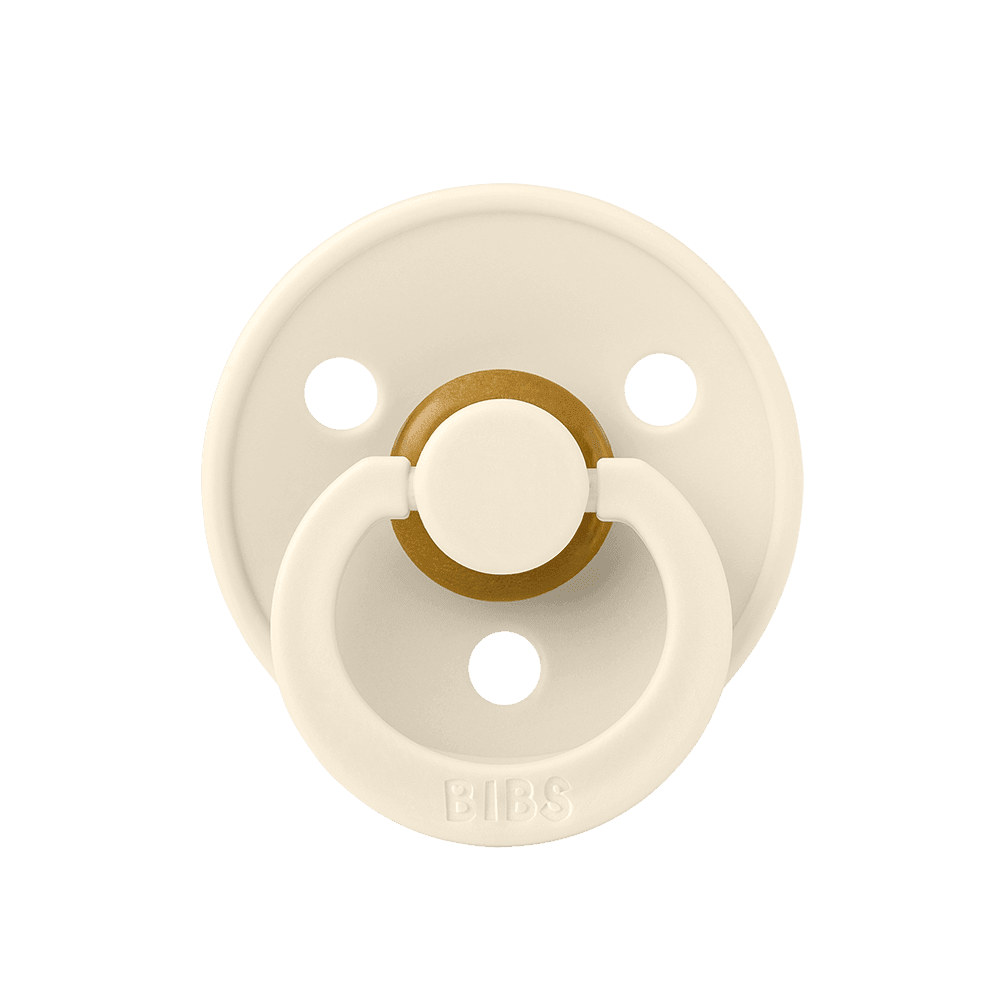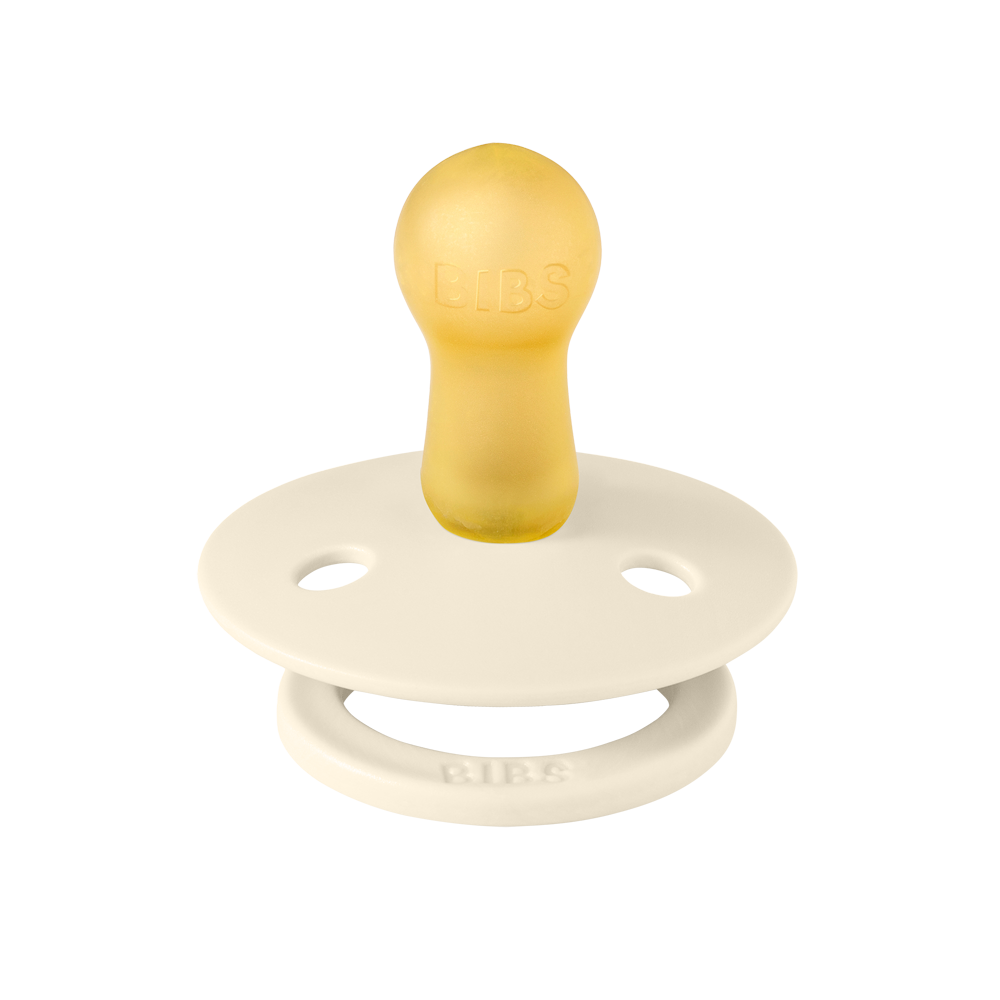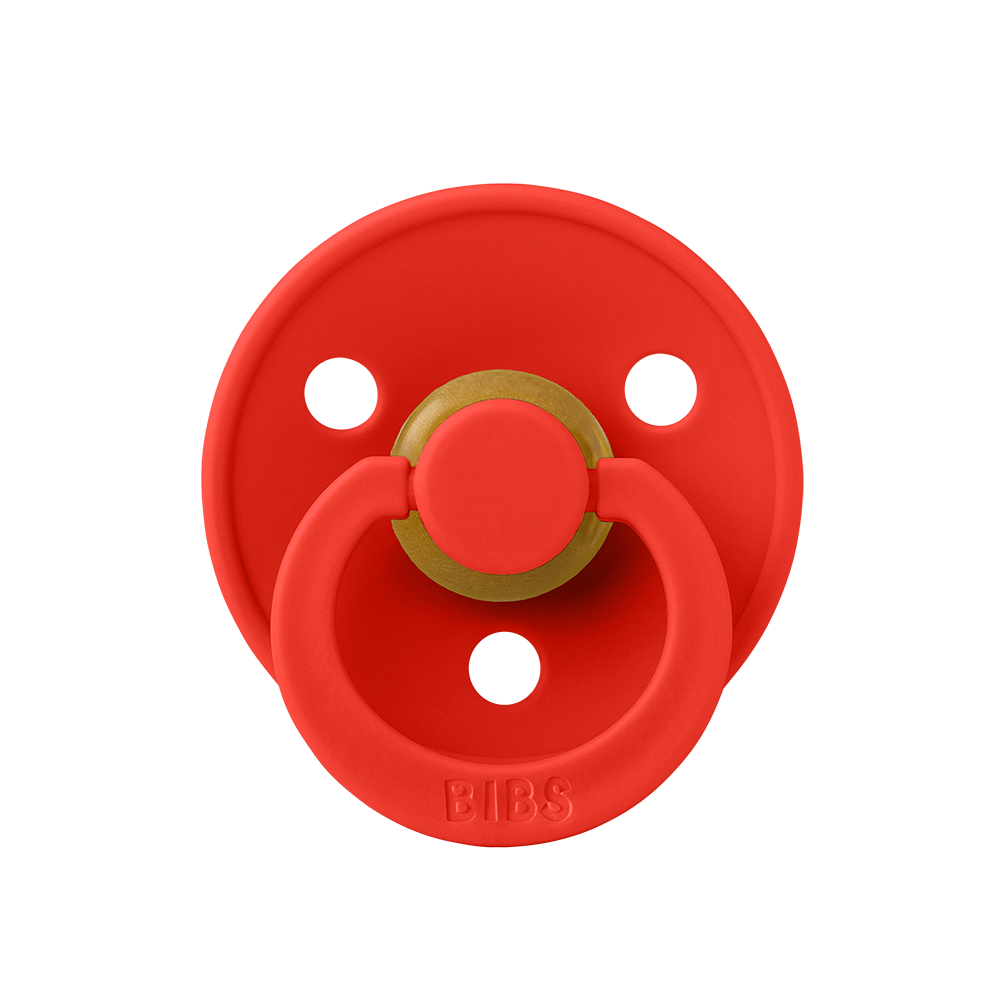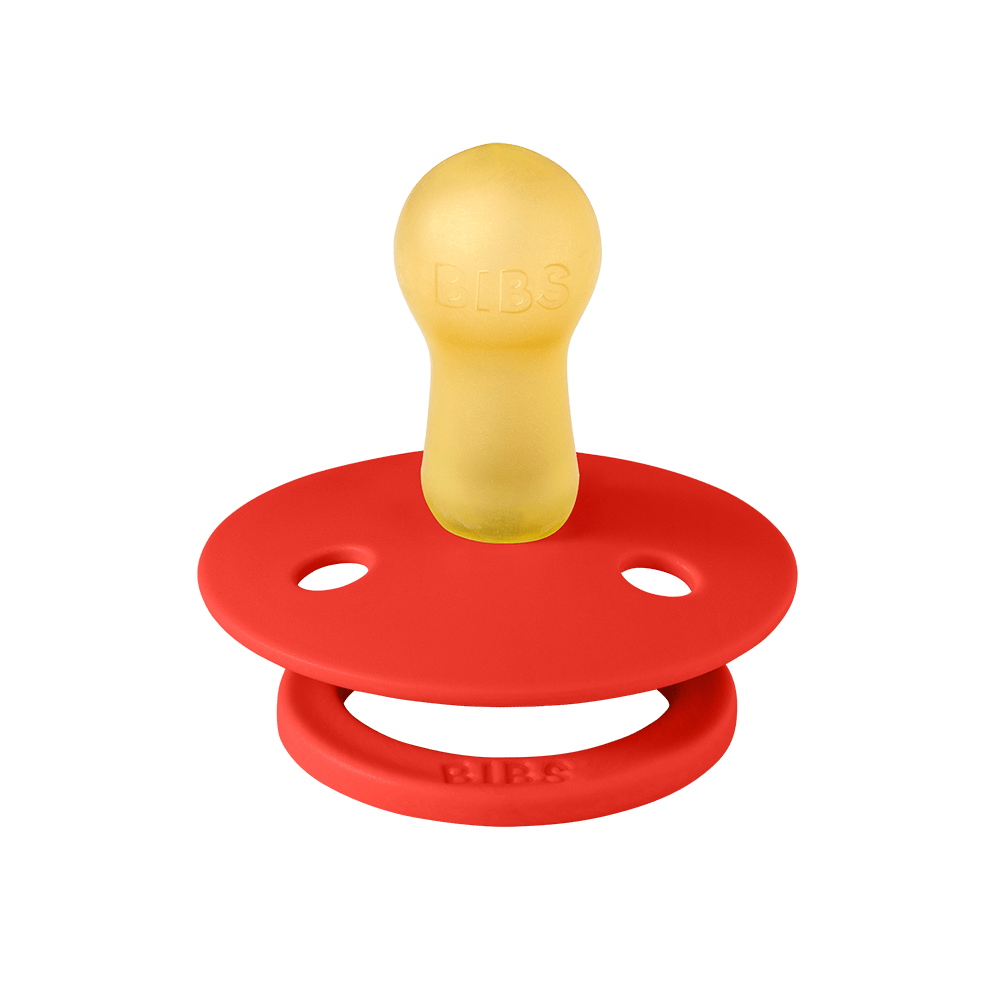
Being a parent is life-changing! It is wonderful and exciting, but also exhausting and challenging. Being a parent often means putting your child’s needs ahead of your own. The cycle of constantly tending to others’ needs leaves no time for your own. And neglecting one's own needs for long periods can also create a feeling of exhaustion and inadequacy.
In a busy everyday life, self-care is perhaps the last thing on your mind. But it is still essential to our health and well-being to remember our own needs and do something for ourselves. It's important to note that self-care is not selfish, but rather it is a necessary component of maintaining one's own well-being and being able to effectively care for others. We need to take care of ourselves so we can continue caring for others.
What is self-care?
Self-care means, as the name implies, to care for oneself. Self-care can be broken into five different components: physical, emotional, mental, spiritual, and social self-care. To care for your health and well-being, it is important to find a balance that allows you to address each of these areas. Sometimes you might need more self-care in one specific area to restore balance or find relief from stress in your life.
Self-care can involve a wide range of activities, including exercise, eating a healthy diet, getting enough sleep, managing stress through relaxation techniques or seeking support, setting boundaries, and engaging in activities that bring joy and fulfillment. It is important to practice self-care on a regular basis in order to maintain overall well-being and prevent burnout.
How to practice self-care
Because everyone is different, it will look different from person to person. There is no right or wrong way to care for yourself, as long as it contributes to your happiness and well-being. Below are some ideas on how to self-care:
1. Physical self-care
Physical self-care care focuses on taking care of your body, whether this means eating better, exercising, or simply finding ways to relax. Suggestions for physical self-care are:
- Go for a walk
- Exercise
- Drink more water
- Prioritize your sleep
- Get a massage
- Take a long shower or bath
- Reduce alcohol, caffeine, or sugar intake
Tip: You don’t have to spend hours a day hitting the gym. But find something that you enjoy. Not only does exercise help manage your weight, reduce blood pressure, and improve your energy, but it also reduces stress and boosts your mood.
2. Emotional self-care
Emotional self-care is the act of nurturing and tending to your inner feelings and emotions. In today’s stressful world, caring for your whole self, including your emotional life, is important.
- Start a journal
- Practice mindfulness
- Create art
- Listen to music that suits your mood and state of mind
- Write down positive affirmations about yourself
- Talking things through with a supportive friend
3. Mental self-care
Mental self-care involves doing things that help your mind stay challenged and engaged. Below are a few ways to improve your mental self-care:
- Find a hobby
- Read a book
- Do a puzzle
- Color in an adult coloring book
- Unplug from social media
4. Spiritual self-care
Our spiritual self-care connects us to something larger than ourselves. It does not necessarily involve religious practice but can involve inner practices like meditation. Spiritual wellness is an individual journey.
- Practice yoga
- Practice meditation
- Spend time in nature
- Dedicate time for self-reflection
- Unplug from technology
Tip: Meditation and mindfulness practices are great self-care activities for parents because they help get you out of your stressful mind and into the present moment.
Certified Holistic Health Coach Paulina Ortiz, provides the following guidance for two different mindfulness practices:
Focus on your breath. Anxious thoughts and feelings pull us out of the present moment and into our minds. Box breath is breathing counting from 1-4. Inhale to the count of 4. Hold your breath for a count of 4. Exhale for a count of 4. Hold for another count of 4. Repeat for several cycles for at least 1 minute.
Body scan meditation. Lie on your back with your legs extended and arms at your sides, palms facing up. Focus your attention on each part of your body from toe to head or head to toe.
5. Social self-care
Social self-care involves maintaining positive social relationships, establishing meaningful connections, and developing one’s social identity. Here are a few ways to improve your social self-care:
- Start a hobby that connects you with others
- Plan to see your loved ones in person or give them a phone call
- Removing toxic people from your life
